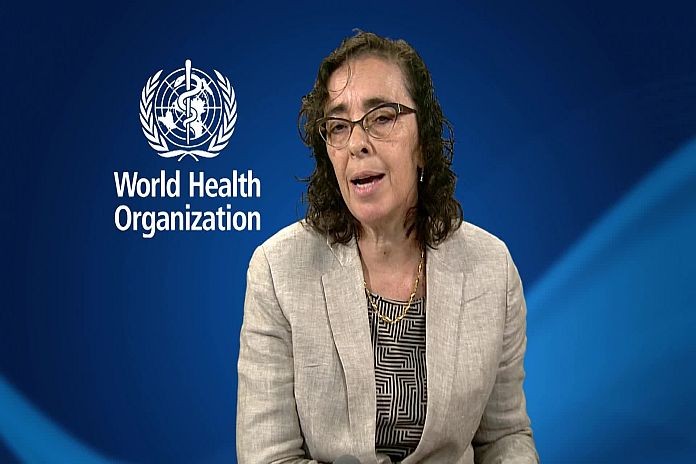By Dévora Kestel
In 2022, World Health Organisation (WHO) published its seminal mental health work, the World Mental Health Report. The Report provides a blueprint for governments, academics, health professionals, civil society and others with an ambition to support the world in transforming mental health.
One of the pervasive issues the report covers is stigma. Stigma, discrimination, and human rights violations against people with mental health conditions are widespread in communities and care systems everywhere. Today’s Lancet Commission on Ending Stigma and Discrimination in Mental Health is therefore timely and well received but how will it make a difference?
Stigma wears many faces. We most commonly equate it with how we treat one another. However, that represents only part of the issue; personal shame, internalized through an individual’s mental health suffering, is a silent problem. We must normalize talking about mental health and its multitude of conditions because stigma is the chain onto which all mental health conditions link.
One strength of WHO’s World Mental Health Report is that it includes diverse stories of people living with experience of mental health conditions. We are grateful to the more than 30 people who shared their stories of perseverance and survival. Their courage in telling their story is laudable and humbling; it is by listening to more and more experiences like theirs that we can learn how to offer better support and normalize conversations.
The same is true of the recent WHO guidelines on mental health at work. With an estimated 12 billion workdays lost annually due to depression and anxiety, the new Guidelines recommend actions to tackle risks to mental health in the workplace such as heavy workloads, negative behaviours, and other factors that create distress at work.
Each week brings a new challenge to our personal and collective mental health – conflict, disease and climate call for a new type of resilience in our mental health. Without expressing and understanding it, we will continue to paper the cracks.
Reflecting on an ambition for this year’s World Mental Health Day, there are four priorities WHO would like to see acted upon:
- Fund mental health services – it is estimated that countries spend less than 2 percent of their health care budget on mental health services. With approximately one billion people living with a mental disorder in 2019, services are radically under-resourced.
- Upskill ourselves and our caregivers with an understanding of mental health, understand fully personal experiences and how to provide support. The WHO Quality Rights Mental Health e-training is a great place to start. This training was designed to improve the quality of care in mental health and related services and to promote the rights of people with psychosocial, intellectual and cognitive disabilities.
- Prioritize mental health through our own self-care, analyzing workplace practices to ensure employees thrive and ensuring there is strong community care for mental health.
- Listen to the voices of people with lived experience of mental health conditions. Their experience will teach us how best to support and care for them.
Mental health conditions are usually painful and unfortunately, stigma only amplifies that distress. Let’s embrace the wise words of this year’s World Mental Health Day theme and make mental health and well-being for all a truly global priority.





